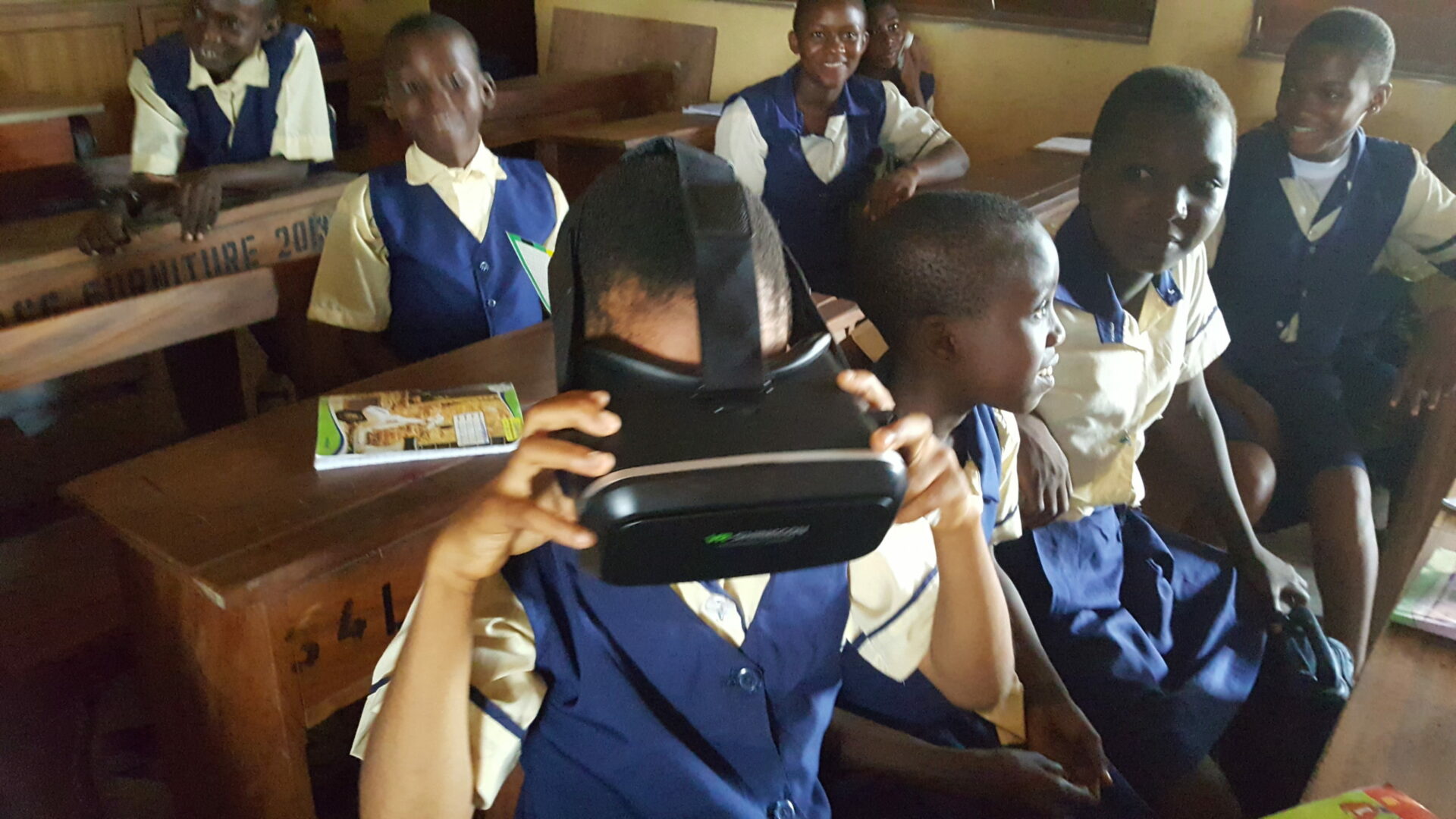As the gears of 2024 grind into motion, the education sector finds itself at a crossroads. The echoes of the pandemic still linger, while whispers of technological revolution and societal shifts fill the air.
In this dynamic landscape, five key trends emerge, promising to reshape the traditional classroom and redefine the very essence of learning.
1. Learning Takes Flight: The Rise of the Hybrid Model
The pandemic pushed open the doors of the virtual classroom, and students tasted the freedom of learning beyond the four walls. Now, a hybrid model is taking flight, blending physical classrooms with the flexibility of online tools.
Imagine a science class where students conduct real-time experiments on a web-based platform while their teacher guides them in person.
Language learning takes on a global dimension as students connect with peers across continents for virtual conversations. This model caters to diverse learning styles, allows for personalized instruction, and opens up a world of educational resources previously bound by geographical constraints.

Source: News24
2. Personalised Pathways: Charting Your Educational Journey
Standardised curriculums are giving way to individualised learning paths. Imagine a student passionate about marine biology designing a curriculum that weaves together biology, oceanography, and conservation, guided by a dedicated mentor.
Artificial intelligence plays a crucial role here, analysing learning data and recommending resources tailored to each student’s strengths and weaknesses. This creates a dynamic learning environment where students actively participate in crafting their educational journeys, fostering a sense of ownership and engagement.

Source: EdTech
3. Technology Transforms: AI, AR, and VR Step into the Classroom
Technology is no longer a fringe visitor in the classroom; it’s becoming a resident collaborator. Imagine dissecting a virtual frog in biology class, using augmented reality to witness historical events unfold right before your eyes, or immersing yourself in the heart of the Amazon rainforest through a virtual reality field trip. Artificial intelligence personalises learning experiences, analyses student performance, and provides real-time feedback.
These advancements aren’t just fancy gadgets; they have the potential to make learning more interactive, immersive, and accessible, bridging the gap between abstract concepts and practical application.

Source: Techpoint
4. Fostering Wellbeing: Mental Health Takes Centre Stage
Education is no longer solely about academic prowess; it’s about nurturing the whole child. Recognising the rising tide of mental health struggles among students, schools are prioritising emotional well-being.
Mindfulness practices, stress management techniques, and access to trained counsellors are becoming the norm. Imagine a school day that begins with a group meditation session, where students learn to cope with anxiety and cultivate focus. This shift acknowledges the interconnectedness of mental and academic health, paving the way for a more supportive and holistic learning environment.
Read also: My life’s mission is to ensure youth have access to education, understand AI – Delille
5. Equity Reigns Supreme: Closing the Opportunity Gap
The fight for educational equity continues, but 2024 promises a renewed focus on closing the opportunity gap. Imagine a world where underprivileged students have access to the same cutting-edge technology and high-quality teachers as their privileged counterparts.
This may involve targeted funding, scholarships, and mentorship programs for students from marginalised communities. Additionally, culturally responsive teaching practices that acknowledge and celebrate diversity will become commonplace, creating a more inclusive and equitable learning space for all.
These five trends are not exhaustive, but they offer a glimpse into the evolving landscape of education. As we navigate this exciting terrain, it’s crucial to remember that these advancements are tools, not replacements.
Technology cannot replicate the human connection and guidance that lie at the heart of teaching. The true measure of success lies in harnessing these trends to empower educators, engage students, and foster a love of learning that transcends screens and classrooms. As 2024 unfolds, let us embrace these transformations with open minds and hearts, ensuring that education remains a force for good, a path to personal growth, and a beacon of hope for the future.












